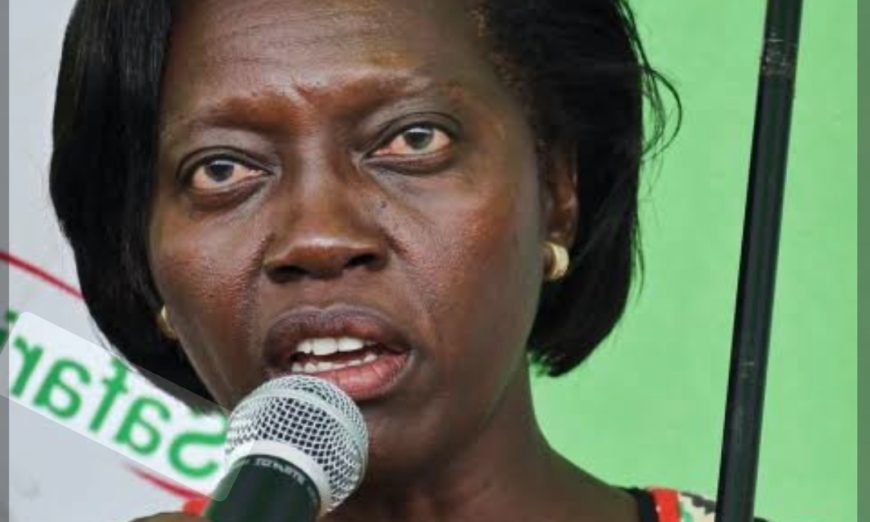KENYAN opposition leader and senior counsel Martha Karua, along with fellow lawyers, Lynn Ngugi, and Gloria Kimani, were detained at Julius Nyerere International Airport in Dar es Salaam, Tanzania, in the morning of May 18, 2025.
As they arrived at at 9:00 AM, the immigration officials confiscated their passports, and held them without explanation. After over an hour of waiting, the officials informed them of their denial of entry. As I write this article, the Kenyan lawyers are awaiting deportation back to Kenya.
By detaining and deporting the Kenyan lawyers, Tanzania has delivered yet another blow to the fragile fabric of democracy in East Africa.
The lawyers were on a mission of solidarity to support opposition leader Tundu Lissu, who is facing questionable treason charges.
They were not carrying weapons, slogans, or incitement. They carried legal minds and a message of regional cooperation under the East African Community (EAC) ideals. Their denial of entry, without due cause, is not just a diplomatic misstep; it is an act of political insecurity dressed as immigration enforcement.
Martha Karua is no stranger to political heat. As a senior counsel and former Kenyan justice minister, she has withstood firestorms surrounding high-stakes legal and political battles, including her own confrontations with authoritarian leanings in Kenya’s past.
Her mere presence in Dar es Salaam was symbolic. It was a reminder that tyranny is regional and so is resistance. Her detention, then, sends a message not just to her but to the wider East African legal fraternity that “solidarity will be criminalised.”

Tundu Lissu’s ongoing legal woes, marked by treason charges widely seen as politically motivated, mirror a dangerous pattern. In Tanzania, under successive regimes, the judiciary has too often been weaponised against dissent.
Lissu, himself a survivor of a near-fatal shooting, represents the audacity of resistance in a state where opposing voices are silenced by administrative force, rather than engaged through democratic discourse.
What this incident exposes is more than an authoritarian reflex. It reveals the growing discomfort within Tanzania’s political elite toward external scrutiny and transnational solidarity.
By deporting lawyers who had come in peace, Tanzania not only violates the spirit of pan-African legal cooperation, but it also actively undermines the EAC’s commitment to freedom of movement and mutual support among professionals.
The repercussions will echo beyond legal circles. This act may chill civil society cooperation across borders, foster mistrust among neighboring states, and weaken the EAC’s credibility as a platform for democratic advancement.
When legal minds from one member state are treated as threats in another, the vision of a unified, democratic East Africa is thrown into doubt.
Now is the time for principled leadership – both from within Tanzania and the wider EAC community. Legal institutions, regional blocs, and democratic governments must speak up, not just for Karua and her colleagues, but for the very idea of justice unchained by borders.
Anything less is complicity.










